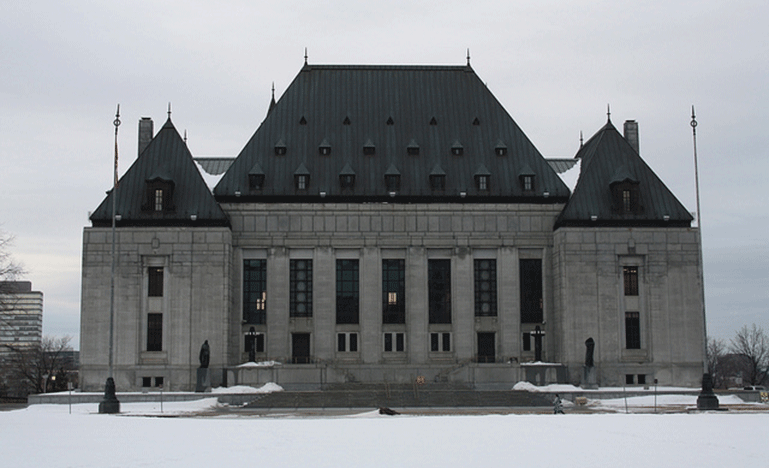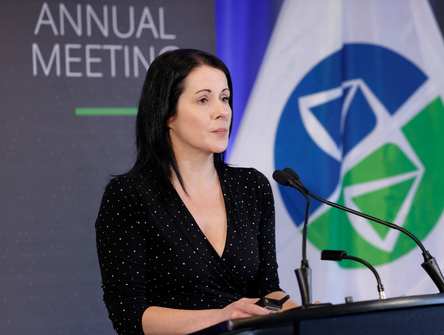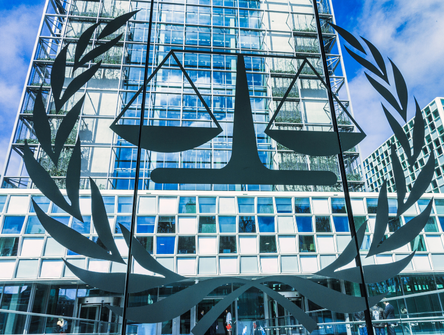Supreme Court of Canada cases to watch this session
The winter session began this week with several major cases ahead that could impact environmental law, language rights and privacy.

Though criminal cases will largely dominate the winter sitting, two civil cases from the territories are likely to generate interest. The court will also hear the reference case out of Alberta on the federal government's Impact Assessment Act.
No privacy interest in IP addresses?
The court's docket includes eleven criminal cases, eight of them as of right. One of those cases is Bykovets v. His Majesty the King, which deals with the reasonable expectation of privacy around an IP address regarding the production of warrants in a matter involving fraudulent credit card charges.
The Alberta Court of Appeal found there was no such expectation because the IP address is just an "abstract number that doesn't actually directly provide any information about the person using it," says Vibert Jack, litigation director at the BC Civil Liberties Association, who is intervening in the case. "But it's our position that it's too narrow of a view of the information that an IP address represents." He says that an IP address contains specific information that tends to reveal a person's identity. It can also, by extension, reveal a person's online behaviour. Currently, police need a production order to get information on subscribers—name, address, phone number—linked to the IP address from an internet service provider.
"What we would be asking for is that the same requirement apply earlier in the process, when the police are seeking the IP address itself, so they would need a production order for that," Jack says.
"We know that those companies are amassing huge troves of information about our lives, such as what we read and watch online, and if you're using a mobile device, physically where you are moving around in the world," Jack adds. "They're able to link all of that information to your IP address." The concern is that if law enforcement can get an IP address without judicial oversight, it could access other information connected to it. What's more, says Jack, it falls to private corporations to decide whether to share that information with police.
Residence and language in the territories
Of the two cases coming from the territories, the first comes from Yukon, challenging the residency requirements in the constitution of a self-governing First Nation, and whether it violates Charter rights—or even if the Charter applies at all, given that the First Nation is self-governing. The second case is from the Northwest Territories and involves the rights to French language education in the territory for families who are not linguistic rights holders under section 23, and the discretion of the Minister of Education, Culture and Employment to grant them access to that education. According to BLG's Nadia Effendi, recently interviewed on the Modern Law podcast, the case also raises questions surrounding the right to appear in court and plead in French.
Out of Quebec and Alberta
Two civil cases of note originated in Quebec, the first involving the duty of good faith for former controlling shareholders of a corporation when it comes to prospective buyers, while the second asks if the Quebec Court of Appeal erred in deciding that the Financial Markets Administrative Tribunal can assert jurisdiction over out-of-province defendants.
The jurisdictional battle over the environment continues after the Alberta Court of Appeal found last year, in a reference from the province, that the federal Impact Assessment AAct and its regulations overstepped into provincial affairs. The case has drawn interest given how scathing the Alberta Court of Appeal was in its condemnation of the federal legislation as ultra vires.
"The key thing that counsel for Canada are trying to argue is that the federal government has jurisdiction to regulate projects that have an effect in an area of federal jurisdiction," says Andrew Leach, a professor at the law and economics schools at the University of Alberta who distinguishes the reference case with the 1992 ruling in Friends of the Oldman River Society, which upheld federal authority to conduct an environmental assessment of a major irrigation dam that the province had been building. That case involved an assessment to inform federal decisions to be made under the Fisheries Act and the Navigable Waters Act. But the Alberta reference "is about legislation that is much more broad-reaching, that essentially asserts the right to require that any project that meets a given set of criteria to be subject to a federal veto, effectively."
"That effects-based jurisdiction assertion is probably the big legal question: Does the federal government have the authority to legislate in relation to works and undertakings that have effects in areas of federal jurisdiction? And my sense is they don't," Leach says.
The provinces applying for leave to intervene appear to oppose the federal government, which also sets this case apart from the references on the Greenhouse Gas Pollution Pricing Act, in which some provinces BC sided with Ottawa.
Leach adds that there is a precedent to keep in mind, namely BC's Environmental Management Act reference in 2020. In that case, the Supreme Court ultimately affirmed the BC Court of Appeal's unanimous decision rejecting the province's proposed amendments to the law which would have blocked the Trans Mountain pipeline from controlling heavy oil without a hazardous substances permit. The court held that the amendments were not a valid exercise of provincial power because they affected a federal undertaking.
"It's probably the closest judgment we have to this," Leach says. "Counsel for Canada is effectively arguing the reverse of that case—that they have jurisdiction to regulate, for example, a power plant in Alberta because it creates greenhouse gases or might create interprovincial pollution. The federal government might be able to legislate in relation to interprovincial pollution, but they're asserting that because of that, they have the jurisdiction to regulate major projects that have that attribute. I don't think that follows."
"For my money, if you look at this legislation, it's legislation in relation to works and undertakings, and some of those are federal jurisdictions and some of them are not, some of them trigger other federal requirements, some of them don't," Leach says. He says the court could consider the legislation to be valid while ruling that the list of potential projects is overly broad. "There are some interesting middle grounds where the court could land."


